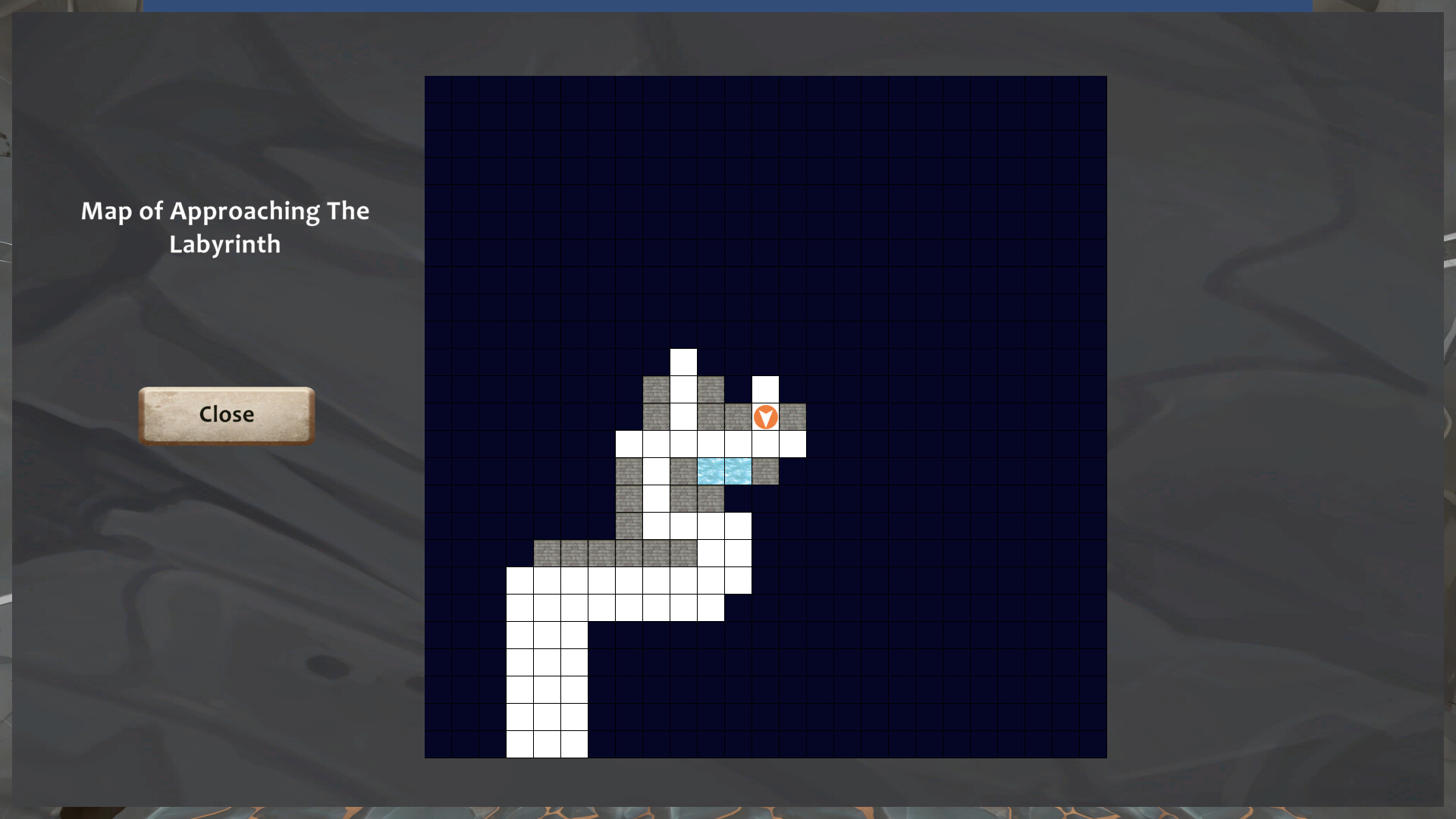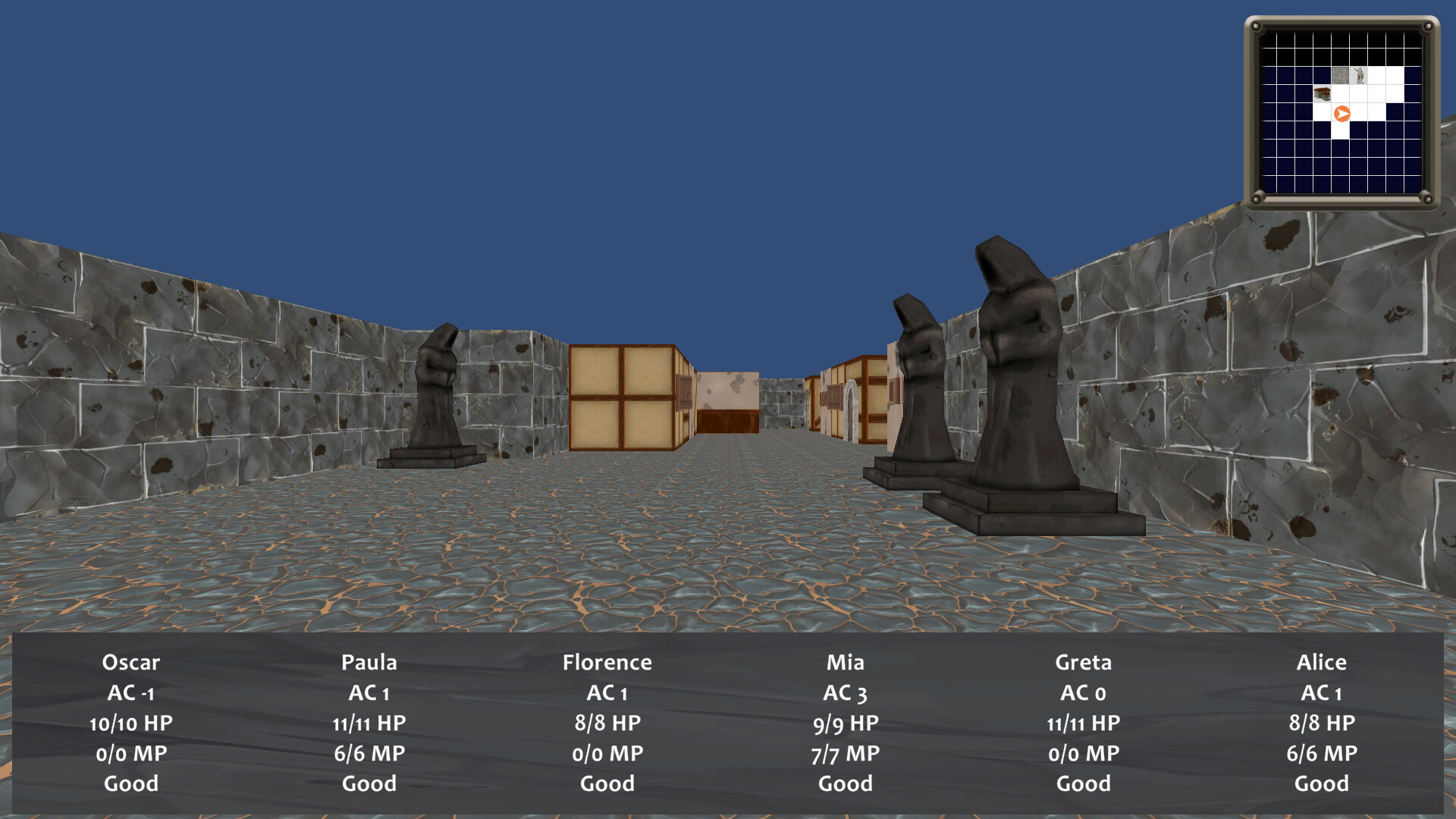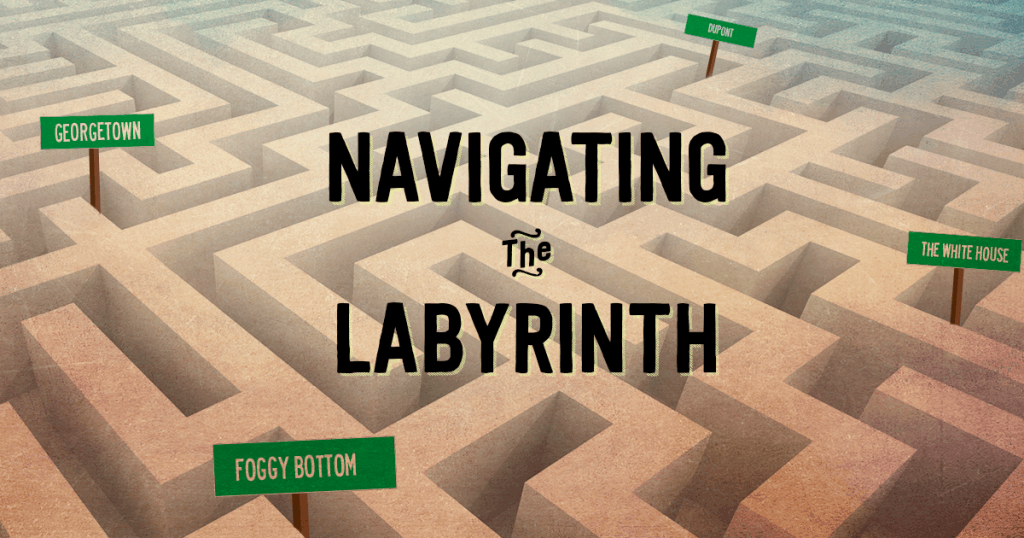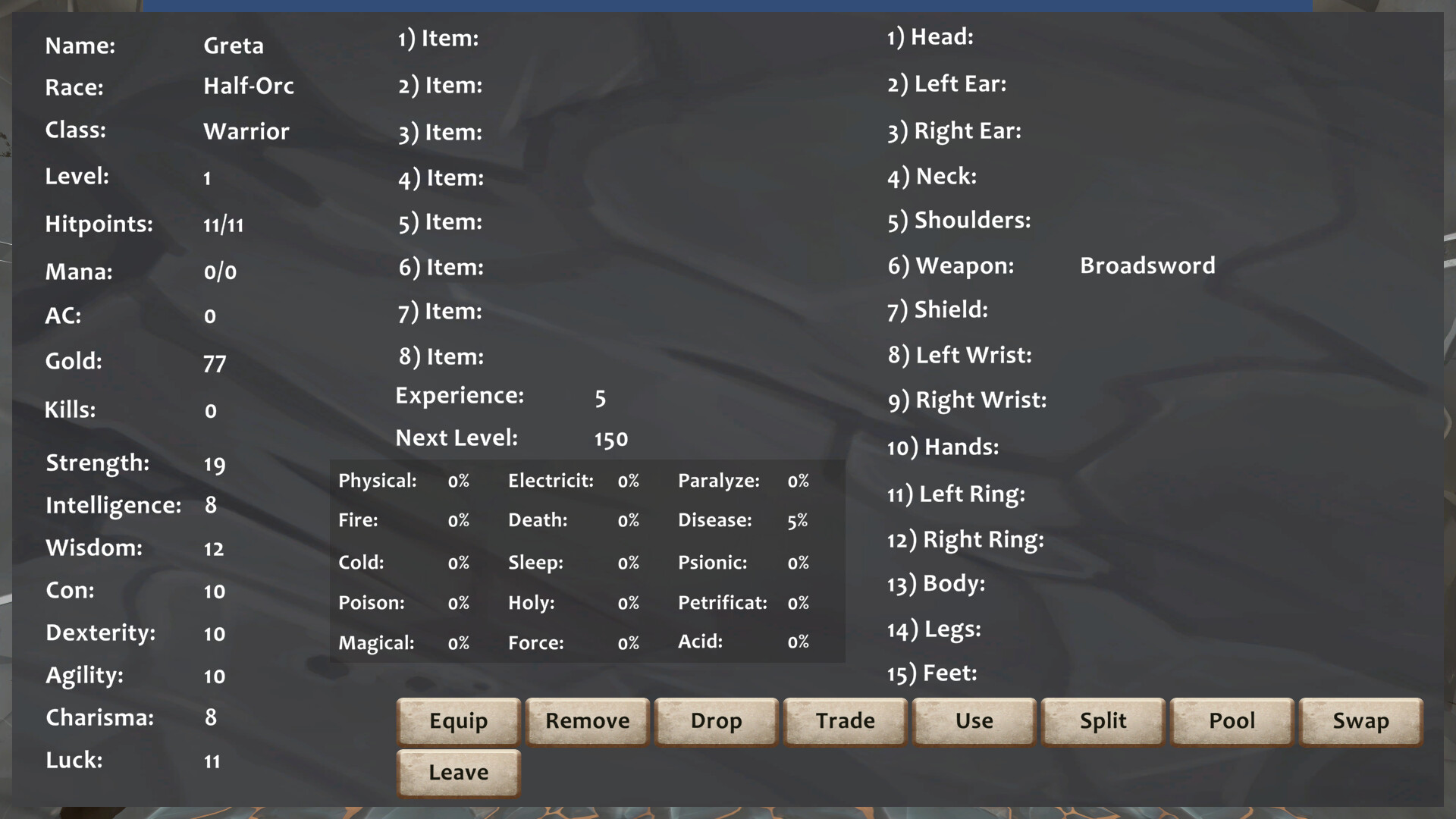Navigating the Labyrinth: A Comprehensive Guide to Makeup Exams in Crosswords
Related Articles: Navigating the Labyrinth: A Comprehensive Guide to Makeup Exams in Crosswords
Introduction
With enthusiasm, let’s navigate through the intriguing topic related to Navigating the Labyrinth: A Comprehensive Guide to Makeup Exams in Crosswords. Let’s weave interesting information and offer fresh perspectives to the readers.
Table of Content
Navigating the Labyrinth: A Comprehensive Guide to Makeup Exams in Crosswords

The world of crosswords, a captivating realm of wordplay and intellectual challenge, often presents unforeseen hurdles. One such hurdle, often encountered by crossword enthusiasts, is the dreaded "makeup exam." This enigmatic term, frequently found in crossword clues, can leave solvers scratching their heads, yearning for a solution that unlocks the grid’s hidden secrets.
This article delves into the intricacies of makeup exams in crosswords, providing a comprehensive understanding of their nature, significance, and strategies for tackling them. By unraveling the complexities of this crossword concept, we aim to empower solvers with the knowledge and skills to confidently navigate the labyrinth of makeup exams, ultimately enhancing their crossword-solving prowess.
Defining the Enigma: Makeup Exams in Crosswords
The term "makeup exam" in crosswords refers to a specific type of clue that requires solvers to consider a word’s alternate spelling or form. This often involves a play on words, where the clue hints at a word that is not directly spelled out, but rather requires the solver to "make up" a different form of the word.
Examples of Makeup Exams in Crosswords:
- Clue: "A doctor’s prescription, perhaps"
- Answer: MED (shortened form of "medicine")
Here, the clue does not directly indicate "MED," but rather hints at a word associated with a doctor’s prescription. The solver must recognize the shortened form of "medicine" to correctly fill in the answer.
- Clue: "A small amount of something"
- Answer: BIT (shortened form of "little bit")
This clue uses a similar play on words, requiring the solver to recognize the shortened form of "little bit" to arrive at the correct answer.
The Importance of Makeup Exams in Crosswords
Makeup exams play a crucial role in elevating the complexity and intellectual engagement of crosswords. They challenge solvers to think beyond literal definitions and explore the nuances of language, requiring a deeper understanding of wordplay and the ability to identify subtle clues. These exams serve as a test of linguistic dexterity and cognitive flexibility, adding a layer of depth and satisfaction to the crossword-solving experience.
Strategies for Tackling Makeup Exams
Successfully navigating makeup exams in crosswords requires a combination of careful observation, logical deduction, and creative thinking. Here are some effective strategies to enhance your chances of success:
- Analyze the Clue: Carefully dissect the clue, paying attention to its wording, phrasing, and any potential hints. Look for words that might suggest a shortened form, an alternate spelling, or a related word.
- Consider Synonyms and Related Terms: Explore synonyms and related terms for the words mentioned in the clue. This can help you identify potential alternate forms or spellings.
- Think Outside the Box: Don’t limit yourself to literal interpretations. Consider figurative language, puns, and wordplay to unlock the hidden meaning behind the clue.
- Cross-Reference with Other Clues: Utilize the interconnectedness of crossword grids. Look for clues that might provide additional context or hints related to the makeup exam clue.
- Utilize Wordplay Resources: Familiarize yourself with common crossword wordplay techniques, such as abbreviations, contractions, and slang. This can equip you with the tools to decipher makeup exams more effectively.
FAQs about Makeup Exams in Crosswords
1. What are some common types of makeup exams in crosswords?
Common types include:
- Abbreviations: Using shortened forms of words, such as "med" for "medicine."
- Contractions: Using shortened forms of phrases, such as "don’t" for "do not."
- Slang: Using informal or colloquial terms, such as "buck" for "dollar."
- Alternate Spellings: Using different spellings of words, such as "thru" for "through."
2. How can I improve my ability to solve makeup exam clues?
- Practice: Regularly engage in crossword puzzles, paying close attention to makeup exam clues.
- Expand Your Vocabulary: Enhance your knowledge of synonyms, related terms, and wordplay techniques.
- Consult Dictionaries and Thesauruses: Utilize these resources to explore different forms and meanings of words.
- Join Crossword Communities: Connect with other solvers, learn from their experiences, and share insights.
3. Are there any specific tips for tackling makeup exam clues?
- Look for the "Hidden" Word: Identify the underlying word or concept that the clue is hinting at.
- Consider the Word’s Context: Analyze the surrounding clues and the overall theme of the crossword to gain insights into the potential answer.
- Don’t Be Afraid to Experiment: Try different forms and spellings of the word to see if they fit the grid.
- Trust Your Intuition: If a particular answer feels right, even if it’s unconventional, give it a try.
Conclusion: Mastering the Art of Makeup Exams
Makeup exams, while initially perplexing, can become a source of intellectual satisfaction and a testament to your crossword-solving skills. By understanding their nature, embracing the challenge, and employing the strategies outlined in this article, you can confidently navigate the labyrinth of makeup exams, unlocking the hidden gems within crossword grids. Remember, the journey of solving makeup exams is not merely about finding the right answers, but about expanding your vocabulary, honing your wordplay skills, and embracing the joy of intellectual discovery.








Closure
Thus, we hope this article has provided valuable insights into Navigating the Labyrinth: A Comprehensive Guide to Makeup Exams in Crosswords. We appreciate your attention to our article. See you in our next article!